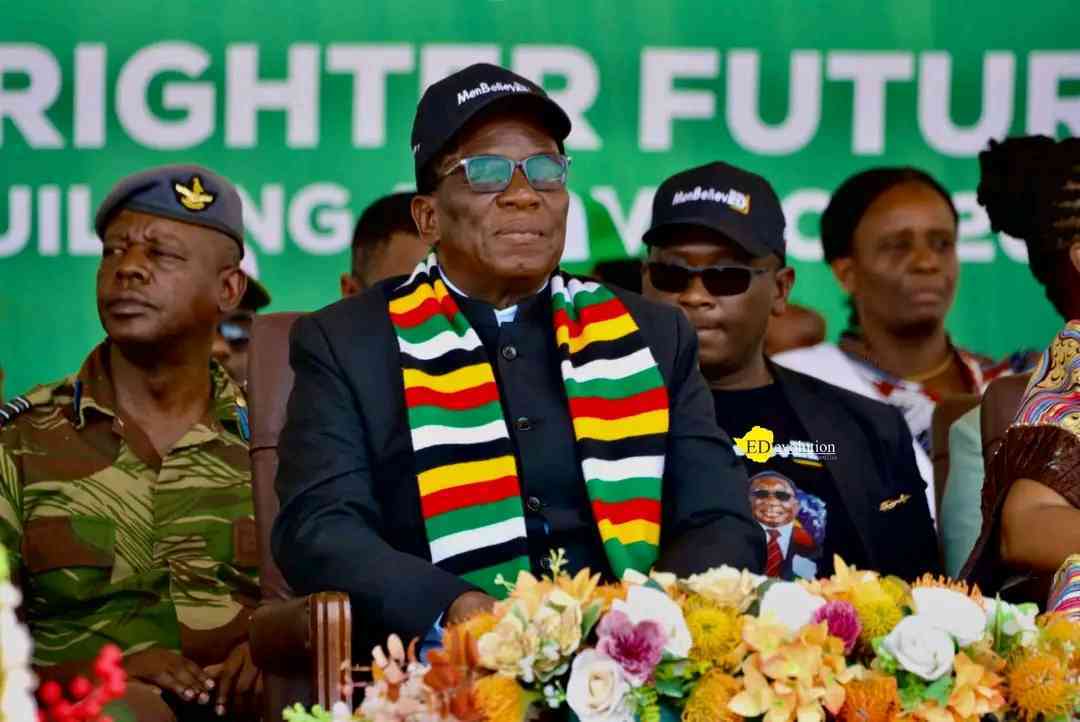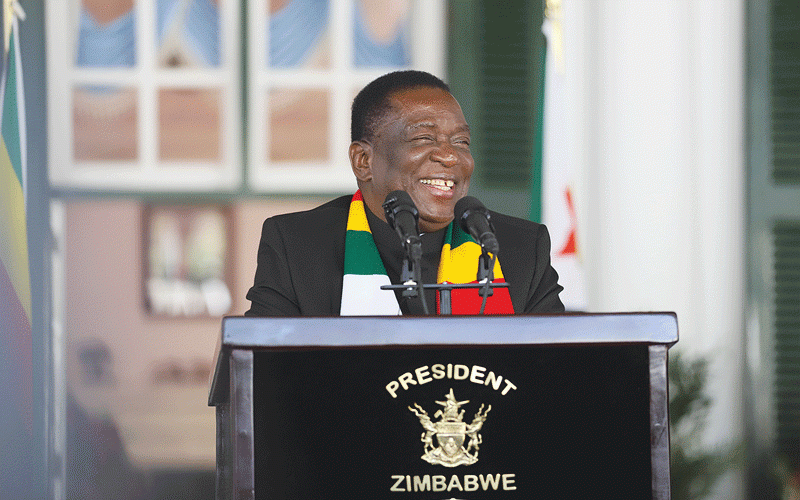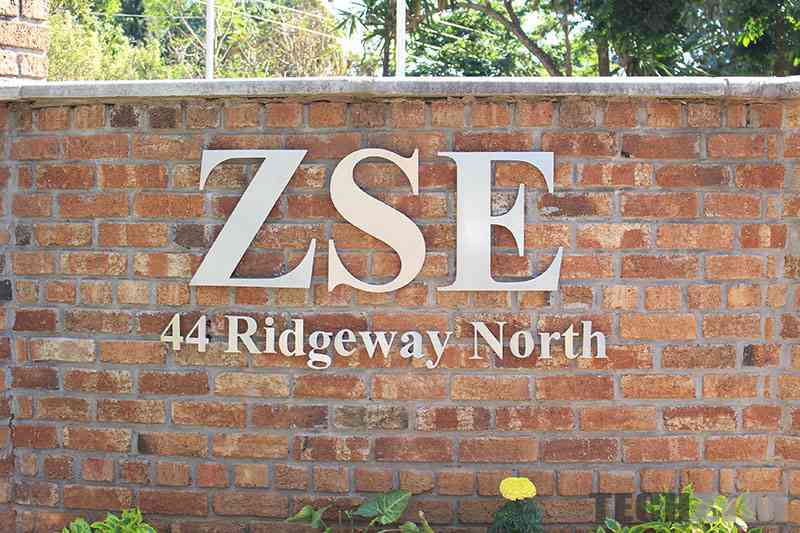
PRESIDENT Emmerson Mnangagwa has once again expanded his already bloated executive, appointing two additional deputy ministers who will be pampered with hefty perks at the taxpayer’s expense.
Albert Mavunga now serves as Deputy minister of Local Government, responsible for local authorities and traditional leadership, while Caleb Makwiranzou has been appointed Deputy minister of Mines and Mining Development, tasked with overseeing oil and gas research as well as strategic minerals exploration.
These ministries now each have a minister and two deputies, further inflating an already oversized executive structure.
Zimbabwe currently has 26 ministries, including the Office of the President and Cabinet. In addition, there are 10 ministers of state for provincial affairs.
The two vice-presidents, Kembo Mohadi and Constantino Chiwenga, also have their own ministers of state.
Each ministry typically consists of a minister, a deputy minister, and a permanent secretary, all of whom are entitled to top-of-the-range vehicles, fuel allocations, airtime, personal assistants, drivers and security details. These perks come at a staggering cost to Treasury, which is already buckling under immense financial pressure.
The timing of these appointments could not be worse. Zimbabwe’s economy is in freefall, with the government heavily reliant on excessive taxation to sustain its operations.
Public hospitals are struggling to provide even basic medical supplies, including painkillers. The education sector is in crisis, with a severe shortage of classrooms forcing some children to learn under trees. Textbooks remain in critically short supply.
- Big send-off for Cont Mhlanga
- Massive ZRP vehicle theft scam exposed
- NoViolet Bulawayo’s new novel is an instant Zimbabwean classic
- Zanu PF bigwigs face axe in purge
Keep Reading
Meanwhile, the country’s road network is crumbling, and millions of Zimbabweans are sinking deeper into poverty as the devastating effects of the El Niño-induced drought persist. Last year, the government went cap in hand, seeking over US$3 billion to avert widespread starvation.
These are the urgent crises demanding immediate attention and financial commitment. Yet, instead of directing limited resources towards addressing these pressing needs, the government appears more interested in expanding its executive ranks.
The decision reeks of misplaced priorities, reflecting an administration more concerned with political patronage than national progress.
This reckless expansion of the executive places an additional burden on state coffers and raises serious questions about the government’s commitment to fiscal responsibility.
At a time when Zimbabweans are grappling with severe economic hardships, the focus should be on cutting unnecessary expenditures and prioritising efficient resource allocation, not further bloating the bureaucracy.
Political appointments may serve short-term interests, but they do nothing to address the real struggles of ordinary citizens.
Zimbabwe needs decisive, pragmatic leadership that puts the welfare of its people first. Unfortunately, the continued expansion of an already oversized executive suggests a government alarmingly out of touch with the realities of those it claims to serve.











